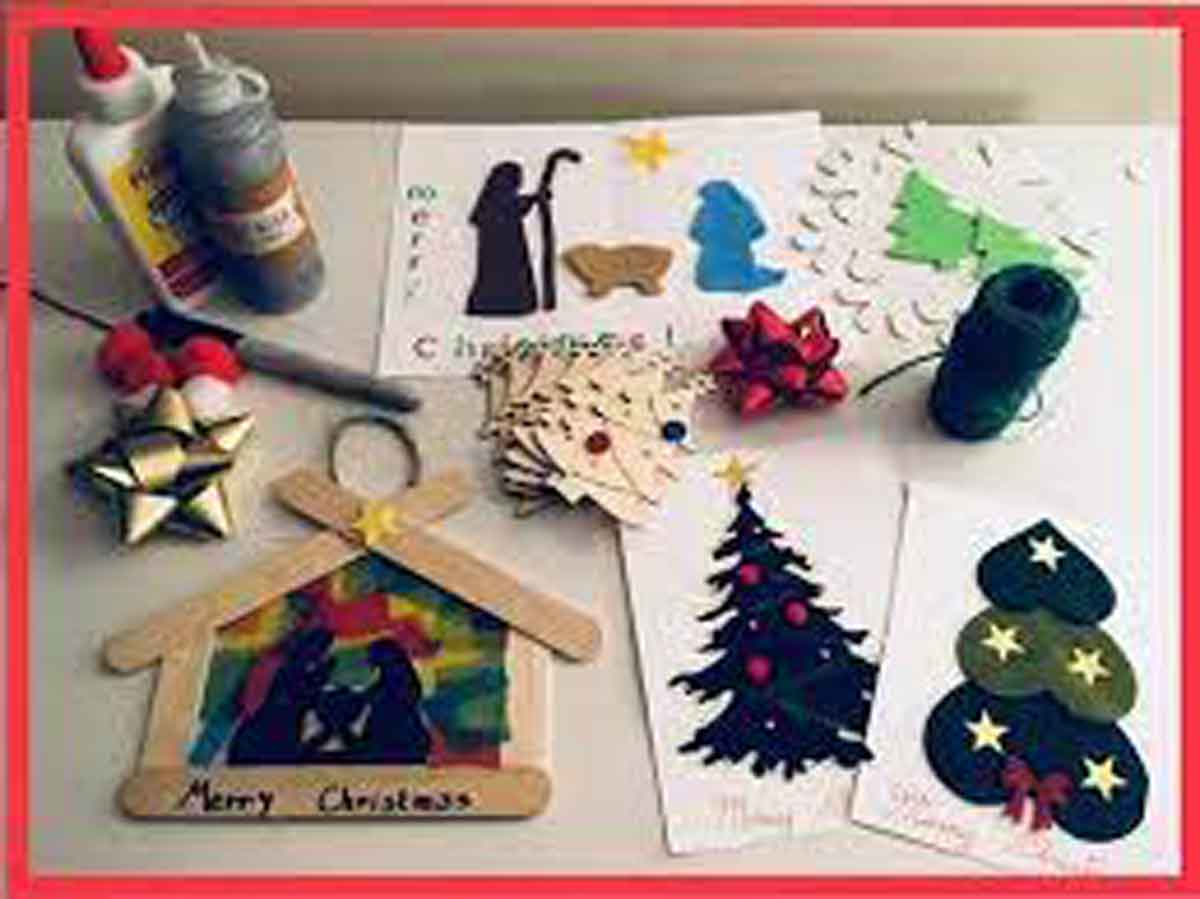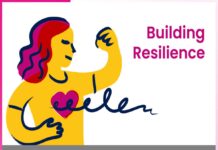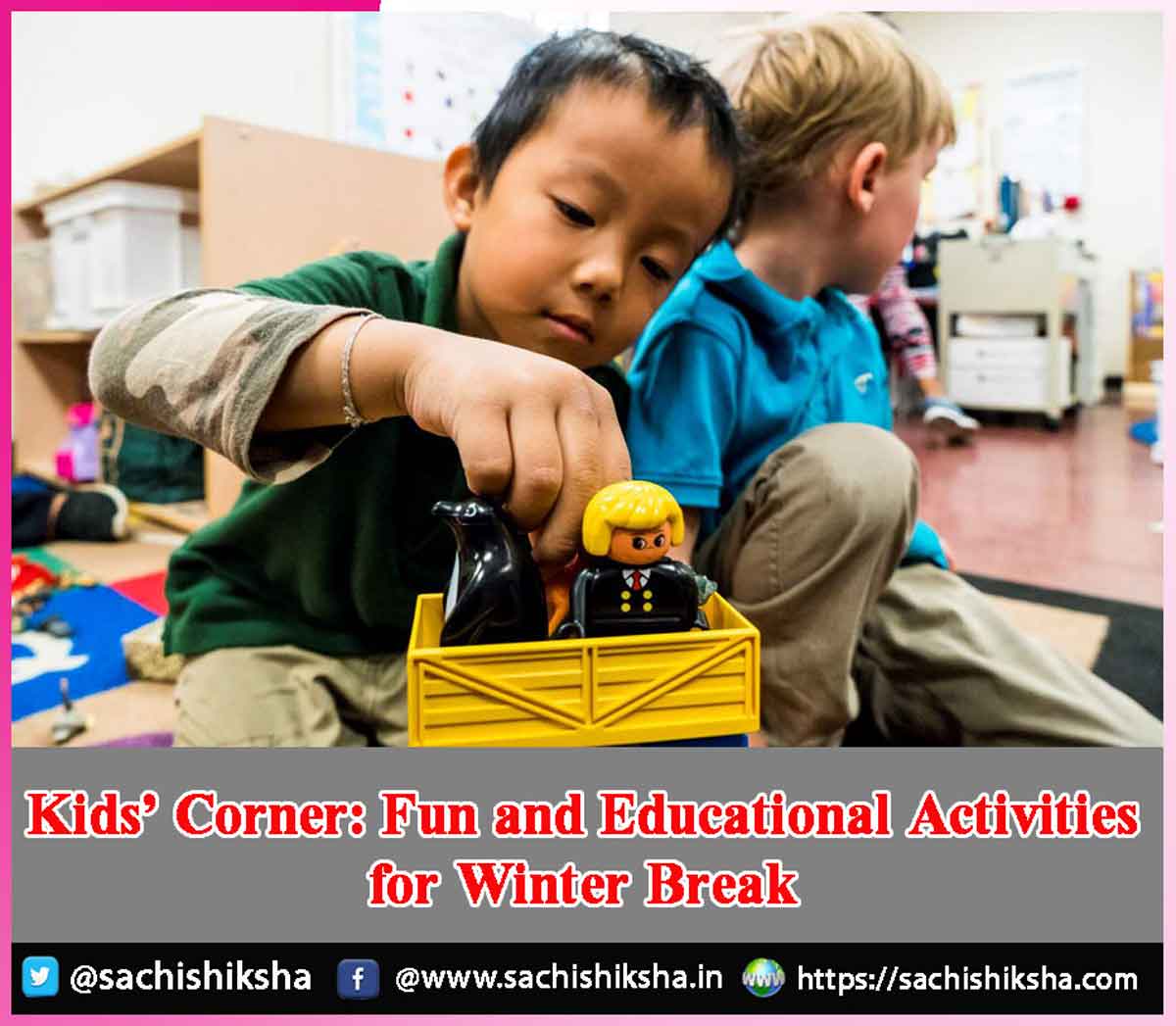Kids Corner: Fun and Educational Activities for Winter Break
Introduction: Winter break is a time to unwind and embrace the season with friends and loved ones. Winter vacation typically starts immediately following the completion of the second term exams.
As a result, it aids by offering students with much-needed relaxation after an entire month of difficult hard work. Kids normally look forward to winter holidays since they get to do a number of exciting things throughout the break.
Table of Contents
Festival Flavours:
Winter vacations are typically 15 days long and feature two key festivals, Christmas and New Year. As a result, the holiday season is brimming with festival flavours. Although it is a holiday and the mood is relaxed, it is critical not to neglect learning during this time frame. Children may be compelled to stay indoors for a variety of reasons, including severe weather. Here are some of the best at-home educational games for kids to help them to manage the holidays and boost learning.
Christmas Crafts:

Play Around with Science:
Vacation time is a good time for experimenting with science. There are numerous enjoyable activities that can be carried out with children.
Bird Feeders Made at Home:
This can be one of the most enjoyable educational exercises that children can conduct at home. One may create a bird feeder out of recycled materials such as empty milk bottles. Hang the bird feeder in the kids’ balcony and observe the birds. This project will encourage their imaginations and observational abilities while also teaching them about the natural world and wildlife.
Rotate and Count:
If you have an old Twister game lying around, you may use it to organize one of those most enjoyable educational exercises for children. Write numerous numbers on sticky pads and set them randomly on the Twister floor. One may call out a number and instruct the children to apply addition, subtraction,
or multiplication to identify an array of digits on which they may put their feet and hands to match the number you’ve called out. Participants who make a calculation error or break their equilibrium get eliminated and the game is won by the last player standing. Remember that you may transform this task into one of the greatest multiplayer games for kids and incorporate it into family game evenings.
Make Your Own Terrarium:
One of the most hands-on instructional activities for pupils in primary schools is making terrariums. A clear box, soil, rocks, and little plants are all you require. Allow your children to put together the terrarium and watch it expand over time. It will teach them about plants and environments while also encouraging accountability, compassion, and interest in science.
Trips of Virtual Museums:
If you’re looking for educational online activities for kids, virtual gallery tours are a great way to teach them about artwork and history from the convenience of their own room. It is an excellent way for kids of all ages to stimulate their natural curiosity and develop analytical abilities.
Studying a New Region or Lifestyle:
Learning about an unfamiliar nation might be one of the most enjoyable educational experiences for primary students. Choose a country and assign your child to conduct research using books or internet-based tools.
Letter Matching Exercises:
One can use educational games for preschool kids to help them enhance their ability to communicate. One may keep children involved and help them memorize the alphabet by using worksheets, crosswords, or online alphabet-matching activities.
The goal is to identify activities that allow children to match both lowercase and uppercase letters, as well as sounding out letters to visuals. As a result, alphabet-related activities, which are also among the best education games, can improve children’s retention, concentration, and reading.
Cooking and Baking:
Baking and cooking with kids is an excellent method of teaching them about nutrition, measuring, and understanding directions. It can also be one of the most enjoyable educational exercises for children to do at home.
If the kids are a teenager, you can make easy recipes together, such as cookies or pizza, or encourage them to assist with preparing the meal. Cooking and baking can be turned into educational experiences for older children by selecting more sophisticated dishes that your children may be interested in.
Qwirkle:
This board game could be one of the most entertaining educational exercises for gamer youngsters looking for a break from their devices. Qwirkle is a tile-based game for boards in which players must match colors and forms.
Experiment with Colour Mixing:
This is one of the most enjoyable and educational exercises for children, particularly toddlers and preschoolers. All that’s required are some paper towels, clear containers, and food coloring.
Sunflower Family Word:
This is one of the quickest and simplest educational activities for children that promote their ability to read and write. Cut out sunflower forms and label them with a word family. Then, on every petal, write words that correspond to each member of the family. Children are able to comprehend the word family in the centre of a sunflower. They are able to examine the words written on the petals in order to see if they fall within the same word family.
Storyboard:
Making a narrative map is one of the most enjoyable educational exercises for elementary school-aged children. Create an imaginative map with areas for characters, context, and beginning, middle, and finish of the story. Then, you can ask the kid to complete fill-in- the-blanks and make up their own narrative. To make the process more enjoyable, you might use writing prompts for youngsters.
Painting Using Fingerprints:
Finger painting is one of the most enjoyable and simple educational exercises for nursery children. All that’s required is paper and markers. Encourage your child to draw lines, shapes, and designs on paper with their fingers. The exercise will help them improve their fine-motor ability, coordination of hands and eyes, and creative thinking.
Strengthens Learning Skills:
Educational activities for children are beneficial since they teach them in a funny way. This strategy stimulates children’s curiosity, passion, and comprehension. Furthermore, when youngsters practise the same concepts in multiple methods, it helps them build stronger learning skills. Pick any topic you wish to present to your children and build games, activities, or artistic endeavours to make it interesting for them.
Conclusion: Educational games are one of the most effective teaching strategies for children of all ages because they combine the enjoyment of playing games with learning. They additionally make the material exciting and applicable to them.












































